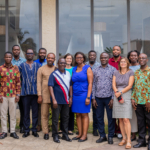
Cocoa remains Ghana’s most important agricultural export commodity and a pillar of livelihoods across its major producing regions.
With rising global demands for responsibly sourced and traceable high-quality beans, Ghana is pushing forward a major initiative: the African Regional Standard for Sustainable Cocoa (ARS 1000).
Developed under the umbrella of the African Organisation for Standardisation (ARSO), this standard offers a harmonised framework for sustainability across the cocoa value chain in Africa.

It was co-developed by cocoa-producing countries such as Ghana and Côte d’Ivoire, and it sets requirements for environmental, social, and economic sustainability of cocoa production in Africa.
Simon Crown, COCOBOD’s Deputy Director for Research and Development, indicated that “COCOBOD has played a pivotal role in the development of the ARS1000 standard. In pursuit of this objective, we have established a dedicated ARS Scheme Management Office (SMO) within COCOBOD to coordinate implementation efforts.”
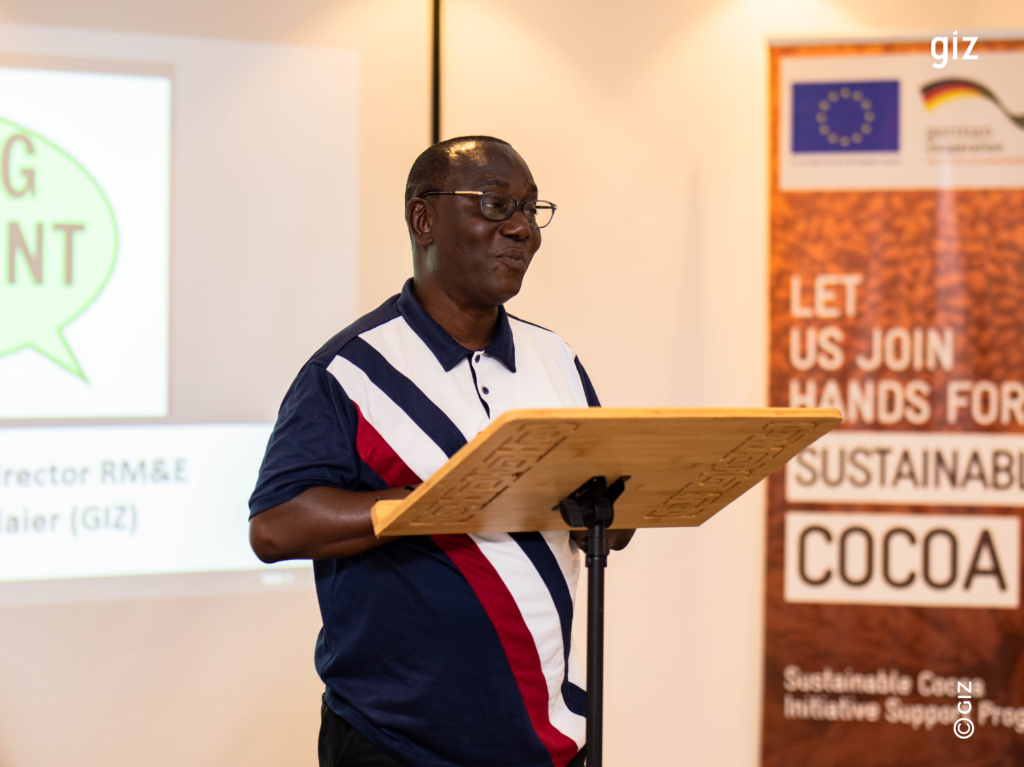
To strengthen the capacities of the technical working team of the SMO, a 5-day African Regional Standard (ARS1000) Planning Workshop has been organised by GIZ-Sustainable Cocoa Programme in Koforidua.
This workshop brought together the technical working team of COCOBOD and representatives from the European Forest Institute (EFI), the Ghana Standards Authority (GSA), Control Union (CU) and the Rainforest Alliance (RA).
Over 20 participants (68% men, 32% women) joined forces to shape a unified path forward for Africa’s cocoa excellence. The focus of the workshop was to develop a comprehensive road map for the ARS implementation in Ghana.
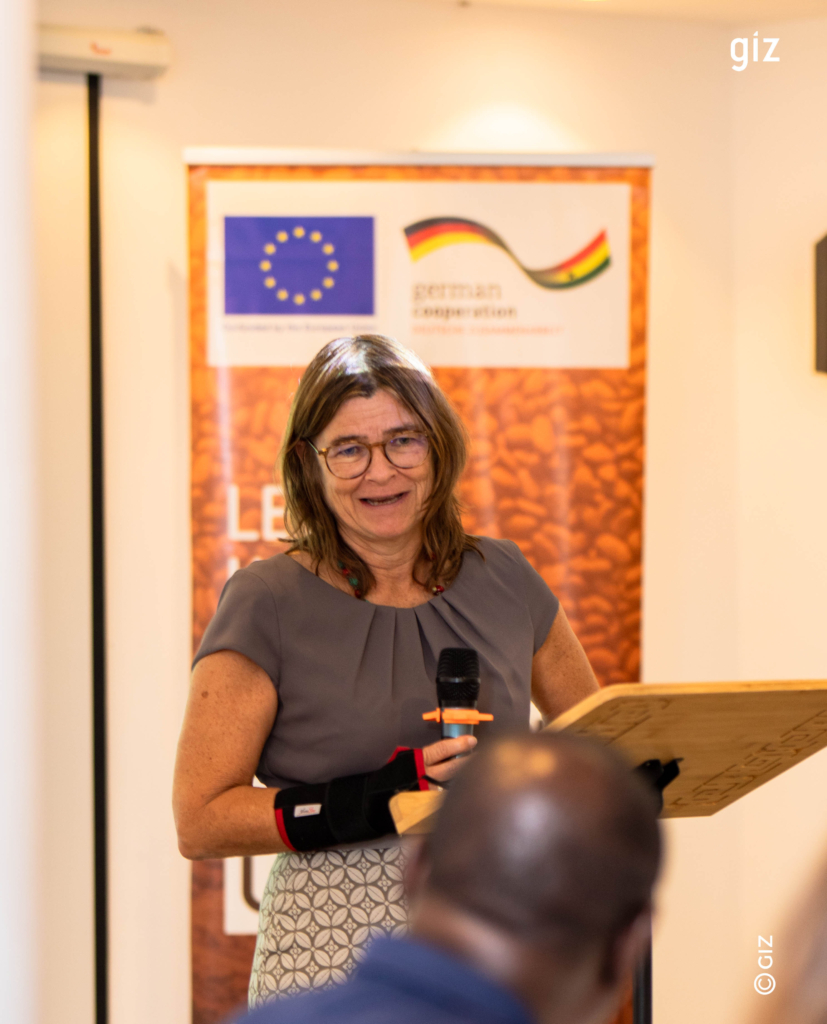
This milestone marks a major step toward aligning African cocoa with global benchmarks, empowering producers, and strengthening intra-African trade under AfCFTA. Claudia Maier, GIZ-SCP Project Manager, underlined that Ghana is far from implementing ARS from the scratch.
In cooperation with GIZ’s Sustainable Cocoa Programme, Ghana Cocoa Board has realized several milestones such as creating and applying the Ghana Cocoa Traceability System (GCTS), piloting the Cocoa Sector – Child Labor Monitoring System (CS-CLMS), mainstreaming gender in the cocoa supply chain, and integrating environmental topics in the regular training programmes for farmers.
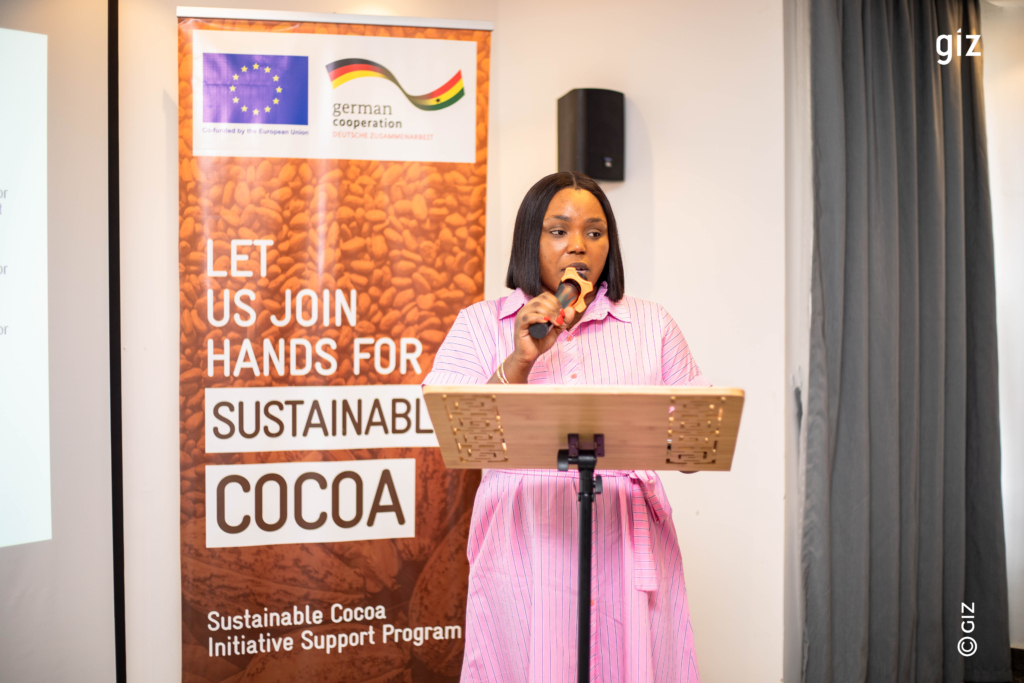
Hence, all these elements will contribute to Ghana’s genuine and experience driven way of establishing ARS 1000 in the cocoa sector”. With this, Ghana is positioning itself not just as a major cocoa producer, but as a responsible and forward-looking actor in the global supply chain.
The adoption of ARS 1000 in Ghana will help cocoa producers and exporters to maintain the quality, and to align with external regulatory regimes such as the European Union Deforestation Regulation (EUDR) and the upcoming Corporate Sustainability Due Diligence Directive (CSDDD).
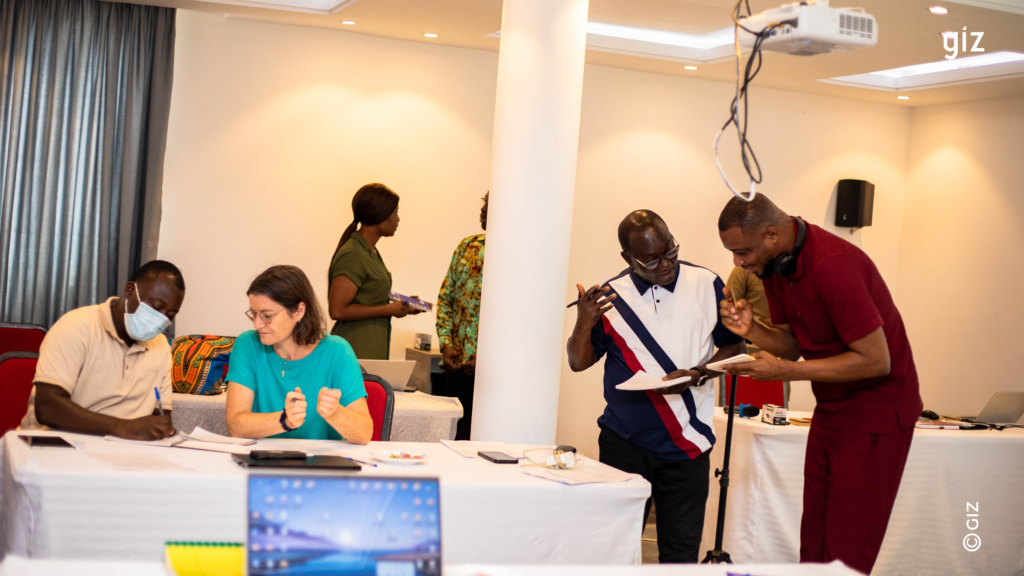
The Sustainable Cocoa Programme is funded by the European Union and the German Federal Ministry for Economic Cooperation and Development (BMZ). It is implemented by Deutsche Gesellschaft für Internationale Zusammenarbeit GmbH (GIZ) in collaboration with Ghana Cocoa Board.